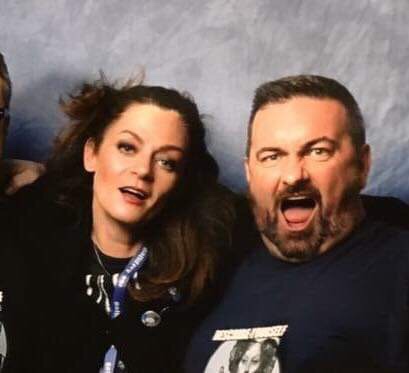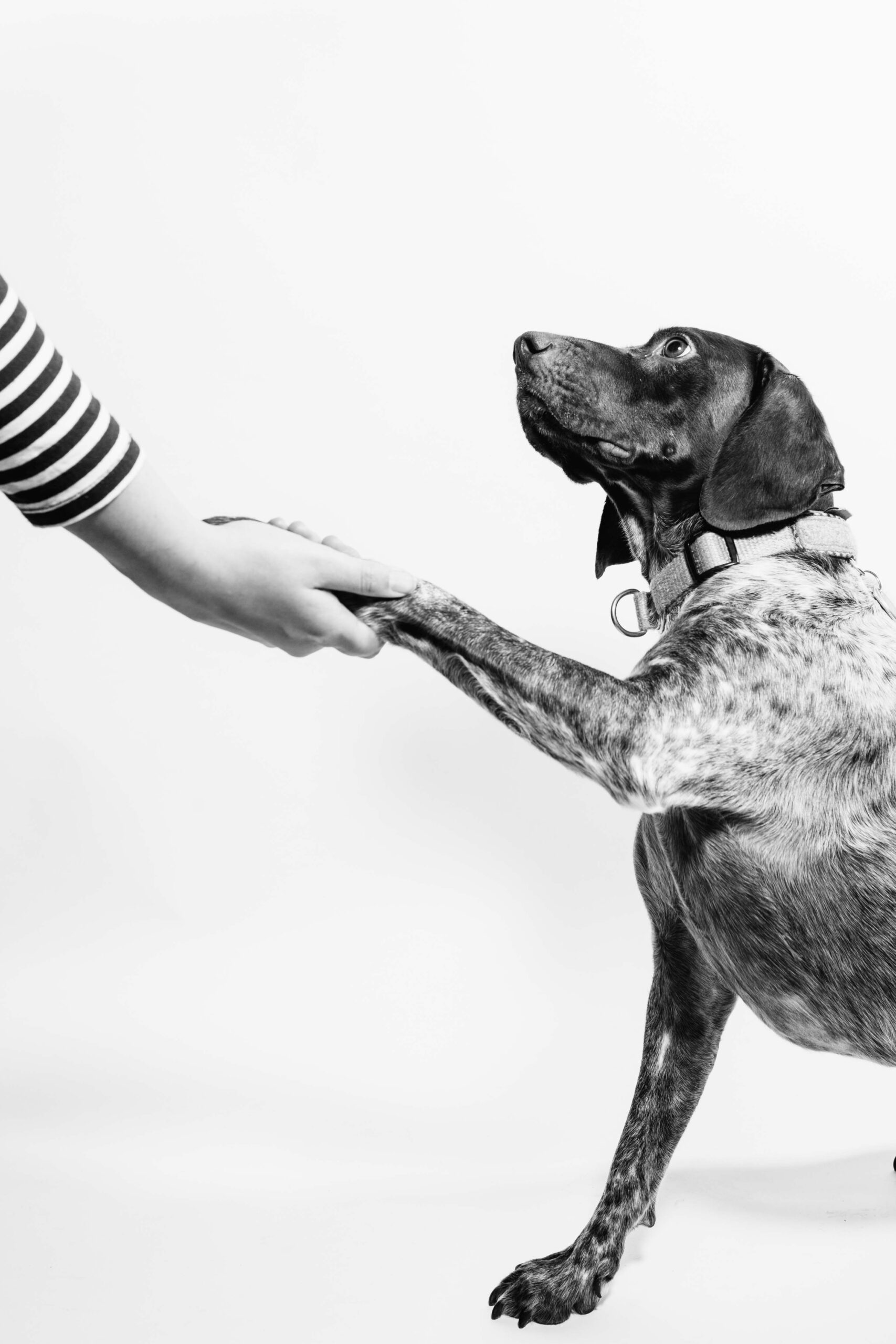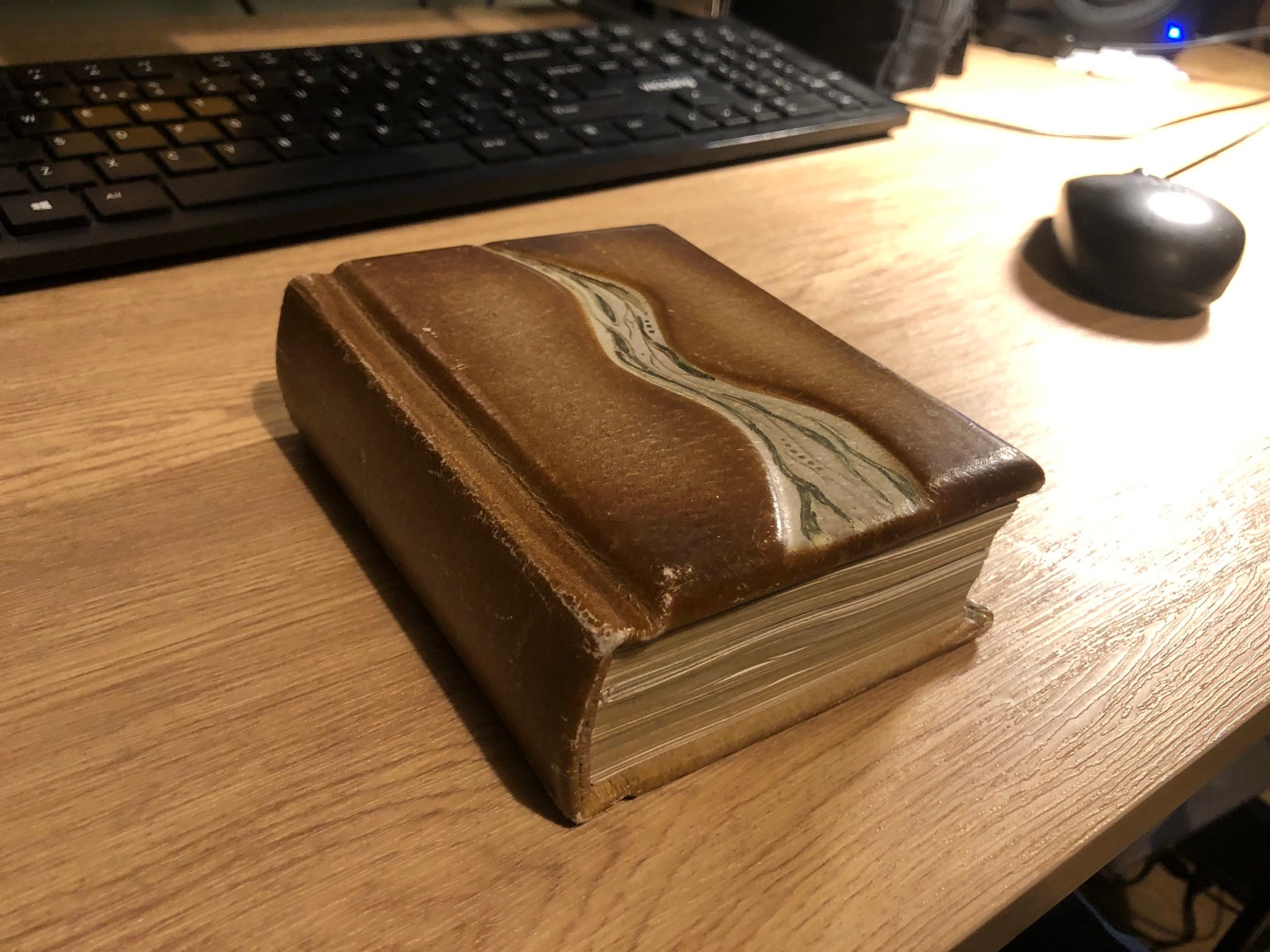Turning the sad news of the death of an impressive man into a commitment to live more like him.
Paul died on Thursday. I don’t know that for sure. I know he’s died. I’m just not sure exactly when.
What I do know is that the news of his death, shared with me by a former colleague and friend, really rocked me. I was on the bus on the final leg of my journey home. I got a little teary.
I don’t claim to know Paul well. There are plenty of others I know who socialised with him, worked more closely with him. But Paul was a strong influence on me and others. I’m not sure he was aware of that.
Paul worked at the BBC when I started at BBC Broadcast. I was on the ground floor; Paul and many colleagues were a few floors above me. My memory now is that I regarded myself as a fifth former, and them as the undergrads. They did creative work. They were associated with significant BBC TV products. I wanted to be them.
I looked up to all of them a great deal. They were successful, effective, and engaging. If I could be a little bit more like them, I’d be more successful. They were doing the work I wanted to do.
Paul ran websites, he wrote copy, he cut pictures. Like some of the others he worked with I provided any technical or administrative needs associated with a website and delivered accordingly.
Whenever I went ‘desk-side’ Paul, like the others, was welcoming, positive and inclusive.
I was made to feel part of a team I wanted to be a member of. In BBC terms that’s quite a strength, especially given that they all knew how much I wanted to work more formally with then. He and they could have easily given me the cold shoulder. He didn’t.
One day when I saw Paul I noticed a big book with his name on. A book he had co-written. It was as I recall about Cult TV. I was impressed. I said as much. He told me that he had worked at the BBC during the day and written during the night. He said it had been a slog. But you could tell he was proud, deservedly so.
He worked hard. He had tremendous energy. He had passion. And he wanted to communicate it.
A few years later, I ended up working on the Eurovision website (Paul was a fanatical Eurovision fan); Paul was working on the BBC Three website – around the time of its rebranding in 2007/2008. His work appeared like a mammoth task – a sort of grown-up project not unlike the book on his desk – which he carried off with good humour, positivity, commitment and passion.
Paul believed in everything he worked on. He promoted the BBC as it was then as somewhere you wanted to work for.
I next saw Paul at Eurovision in Düsseldorf in 2011. It was an important trip for me. I had for a few years felt distant from Eurovision. When I researched my book about it I’d struggled to make valuable connections with Eurovision fans – we shared a love of the programme, but establishing a big network like others seemed to appeared hard. I didn’t really feel like I fitted in.
But Düsseldorf presented an opportunity. I secured myself a press accreditation via the BBC TV producer I knew on the project; I also knew that Paul would be there running digital content for BBC Eurovision. When I arrived at the press centre in Düsseldorf it was Paul I saw first. He spoke about how the coverage of UK act Blue wasn’t great and how that saddened him. He spoke with conviction and frustration.
He was an unusual BBC person – he believed in the product and articulated that passion with conviction. But more than that he made me feel welcome and valued. He didn’t have to (and most don’t); he couldn’t help himself, because that’s what he did with everyone. He was a rare thing.
And it was Paul who, along with 100+ others, willingly gave up their lunch-hour one day in 2013 to participate in the closing sequence of a Television Centre tribute I was making. He was game. He performed as directed, in a t-shirt with a 70s BBC One ident emblazoned across. Very Paul. Very supportive.
A few years later we bumped into each other in Broadcasting House in London. He was (if I remember correctly) running a team responsible for the distribution of TV programmes on iPlayer. He had recently taken on an additional team – the BBC Archive in Perivale – which is excited about but also anxious about. This was big development for him, one he took on with tremendous pride and an enviable sense of responsibility. It came as no surprise he was doing what he was doing: he had a track record.
People knew about Paul long before they knew what he did or what he had achieved. He didn’t seem to have to work at Brand-Paul, but it was an effective piece of personal branding – authentic. Another thing he could do I wouldn’t mind being able to do more myself.
This afternoon I scrolled through my Facebook messages with him over the last few years. Nothing especially noteworthy, just exchanges to check in with him amid an ongoing challenge after the loss of his mother and subsequent care for his father.
One surprise in amongst the exchanges was the 1 January 2018. Hungover (by his own admission), he wrote, “Just a little reminder that the offer I extended to you and Simon (my husband) to visit sometime was very much meant.” I recall being rather unsettled by the message – he’d invited us to stay before and now he’d reminded about the invitation. An illustration that he regarded our connection differently than I had: he saw us as friends who should spend time together. I wanted to be more like him. I unwittingly revered him.
Paul’s death is difficult to comprehend. “He was a good man,” I said to the friend who broke the news to me, highlighting an odd assumption I hadn’t realised I held: that ‘good’ shouldn’t die early. His departure means we’re denied his strengths.
But, there is an unexpected outcome from the past 24 hours. I’ve recognised the way that such news has the potential to galvanise. There are only three peoples untimely departures which have had such an effect – Neil, horn player Olly, and now Paul. What links then is the way that the way they lived their lives before their unexpected departures transcribes into a blueprint for living mine. It’s not a strategy that will necessarily work for everyone, but it works for me.



